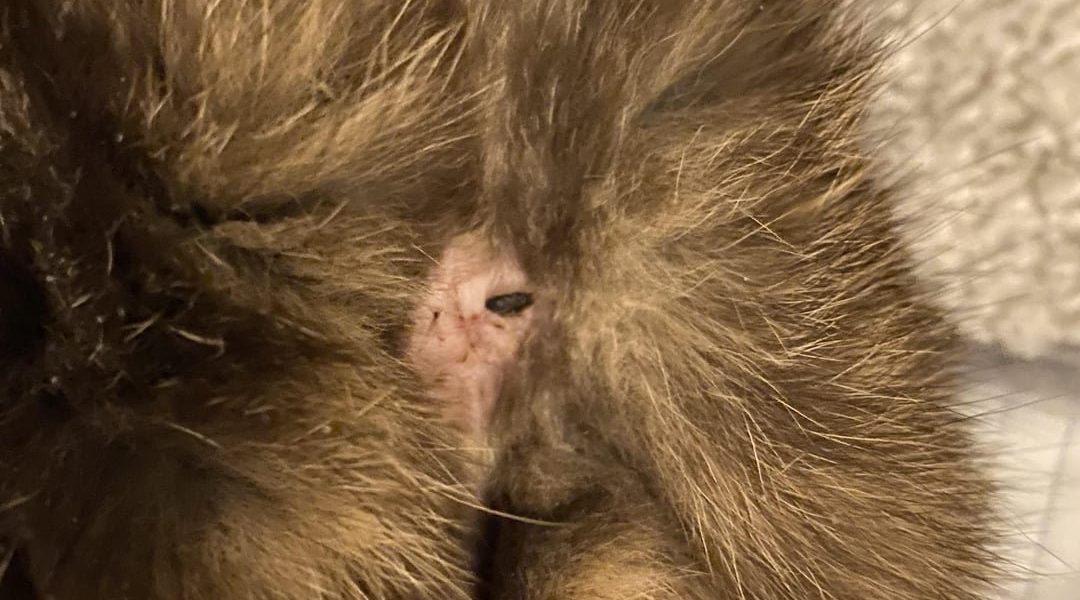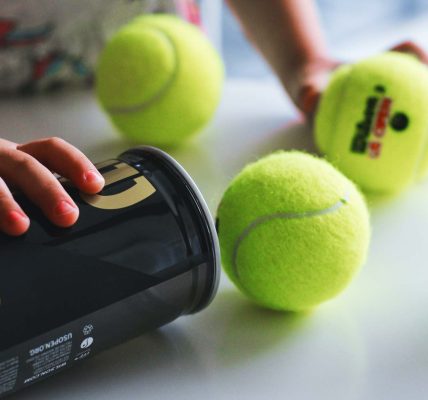To remove hard poop from a cat’s anus, gently trim the fur around the area to prevent further complications. Using a warm damp cloth, softly massage the impacted stool to help soften it. If needed, consult a veterinarian for professional assistance. Remember, maintaining your cat’s hygiene is crucial for its health and comfort.
How to Remove Hard Poop from Cat Anus
The Importance of Regular Bowel Movements for Cats
Cats are known for their cleanliness, and part of that cleanliness involves regular bowel movements. When a cat’s stool becomes hard, it can lead to discomfort and even health issues. As a responsible cat owner, it’s essential to monitor your feline friend’s bathroom habits to ensure they are healthy and regular.
Understanding the Causes of Hard Poop in Cats
There are several reasons why a cat may develop hard poop. One common cause is dehydration. If your cat is not drinking enough water, their stool can become dry and difficult to pass. Dietary factors can also play a role. A diet low in fiber or high in processed foods can lead to hard stool in cats. Additionally, underlying medical conditions such as constipation or intestinal blockages can result in hard poop.
Signs Your Cat Has Hard Poop
It’s crucial to be able to identify when your cat is experiencing difficulty with their bowel movements. Signs that your cat may have hard poop include straining in the litter box, vocalizing in pain, reduced frequency of bowel movements, and small, dry, or pellet-like stools. If you notice any of these signs, it’s essential to take action to help your cat find relief.
Home Remedies to Soften Hard Poop
If your cat is struggling with hard poop, there are several home remedies you can try to help soften their stool and ease their discomfort. One effective method is to increase your cat’s water intake. Encouraging your cat to drink more water can help hydrate their system and soften their stool. You can also try adding a bit of plain canned pumpkin to your cat’s food. Pumpkin is high in fiber and can aid in digestion.
How to Administer Pumpkin to Your Cat
To give your cat pumpkin, start by mixing a small amount into their regular food. Gradually increase the amount of pumpkin over a few days until you see an improvement in your cat’s stool consistency. Remember to use plain canned pumpkin and not pumpkin pie filling, which contains added sugars and spices that are not suitable for cats.
Manual Intervention to Remove Hard Poop
In some cases, your cat may need manual assistance to remove hard poop from their anus. Before attempting to do this yourself, it’s essential to consult with your veterinarian to ensure you are performing the procedure correctly and safely. If your vet gives you the green light to proceed, here’s how you can help your cat:
Step 1: Prepare the Area
Find a quiet, well-lit area where you can comfortably assist your cat. Gather supplies such as disposable gloves, warm water, and a clean towel.
Step 2: Gently Examine the Area
Carefully lift your cat’s tail to access their anus. Check for any visible feces that may be stuck.
Step 3: Soften the Stool
If the poop is hard and dry, you can use a warm, damp towel to gently soften it. Hold the towel against the area for a few minutes to help loosen the stool.
Step 4: Manual Removal
With gloved hands, gently try to remove the hardened stool from your cat’s anus. Be extremely cautious and gentle to avoid causing any pain or injury to your cat. If you encounter resistance, stop immediately and seek veterinary assistance.
Step 5: Clean and Comfort Your Cat
After removing the hard poop, use a clean towel dampened with warm water to gently clean the area. Offer your cat some cuddles and reassurance to help them feel comfortable and secure.
When to Seek Veterinary Assistance
While some cases of hard poop in cats can be resolved at home, it’s crucial to know when to seek professional help. If your cat continues to experience difficulty with bowel movements despite your efforts, or if you notice any signs of distress or abnormal behavior, contact your veterinarian immediately. They can provide a thorough examination and recommend appropriate treatment options.
Preventing Hard Poop in Cats
Prevention is key when it comes to ensuring your cat’s digestive health. To help prevent hard poop in your feline companion, consider the following tips:
– Provide access to fresh, clean water at all times.
– Feed your cat a balanced diet rich in fiber.
– Incorporate wet food into your cat’s diet to increase moisture content.
– Encourage regular exercise to promote healthy digestion.
– Schedule annual check-ups with your veterinarian to monitor your cat’s overall health.
In conclusion, dealing with hard poop in cats can be a challenging and concerning issue for pet owners. By understanding the causes, recognizing the signs, and taking appropriate action, you can help your cat find relief and maintain a healthy digestive system. Remember, always consult with your veterinarian before attempting any home remedies or manual interventions to ensure the well-being of your feline friend. With care and attention, you can support your cat in overcoming hard poop and promote their overall wellness.
Megacolon cat can't poop! Manual de-obstipation under anesthesia by a vet
Frequently Asked Questions
What are the causes of hard poop in a cat’s anus?
Hard poop in a cat’s anus can be caused by various factors such as dehydration, inadequate fiber in the diet, medical conditions like constipation, or insufficient exercise.
How can I safely remove hard poop from my cat’s anus?
To safely remove hard poop from your cat’s anus, you can try gently softening the area with warm water and a soft cloth, using pet-safe wipes, or seeking advice from a veterinarian if the situation is severe.
Are there any home remedies I can use to help my cat with hard poop in its anus?
Home remedies to help a cat with hard poop in its anus include feeding a high-fiber diet, ensuring your cat stays hydrated, providing opportunities for exercise, and occasionally using safe lubricants or stool softeners as recommended by a vet.
Final Thoughts
In conclusion, to remove hard poop from a cat’s anus, soften it with warm water or a pet-safe lubricant. Gently massage the area to help dislodge the stool, being careful not to cause any harm. Seek veterinary assistance if the problem persists to prevent complications. Remember, it’s important to address this issue promptly to ensure your cat’s comfort and well-being. By following these steps, you can effectively deal with how to remove hard poop from a cat’s anus.





